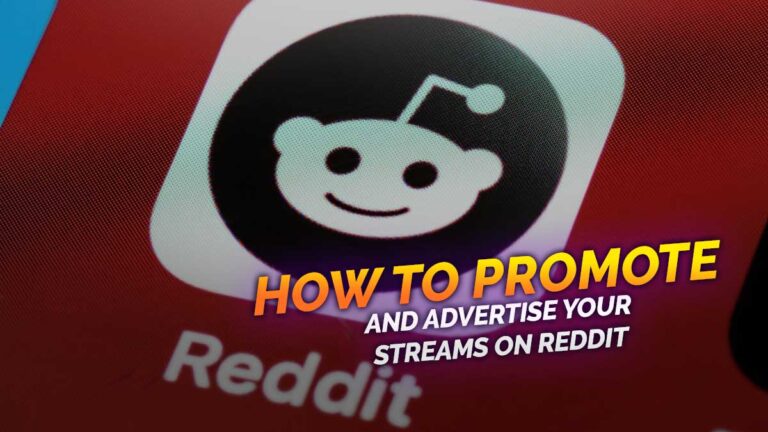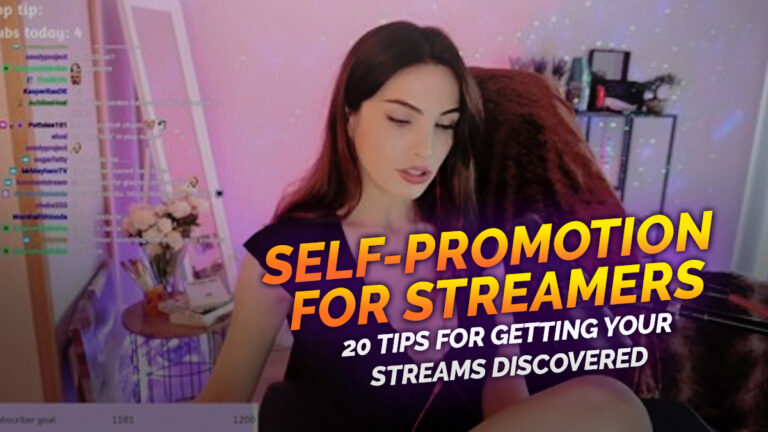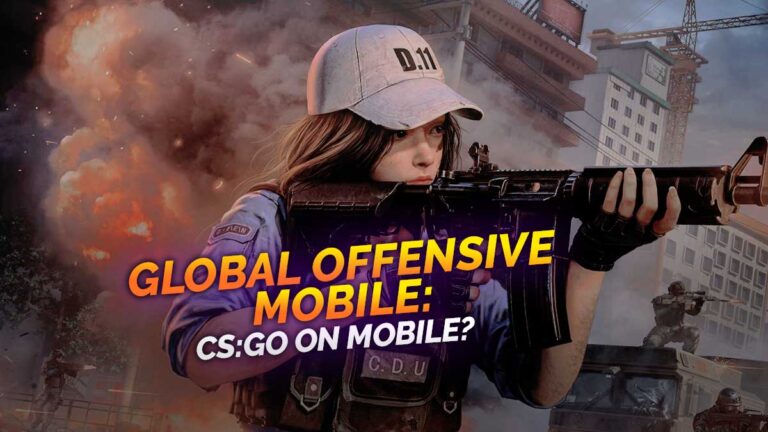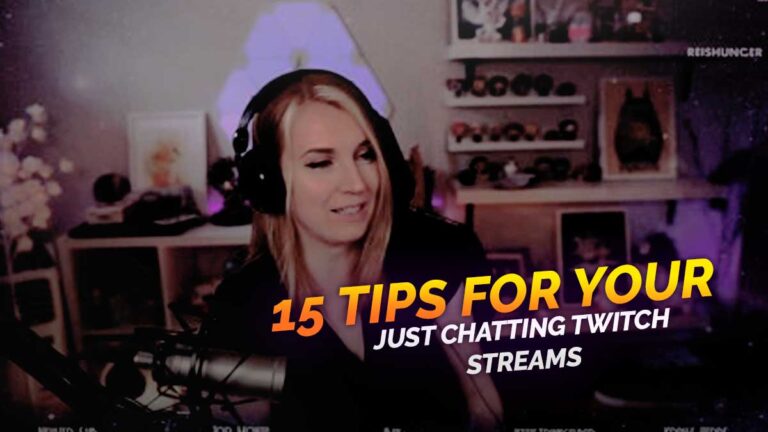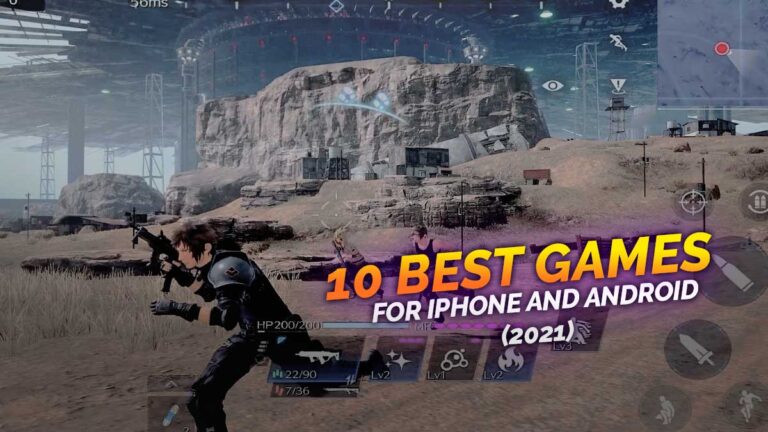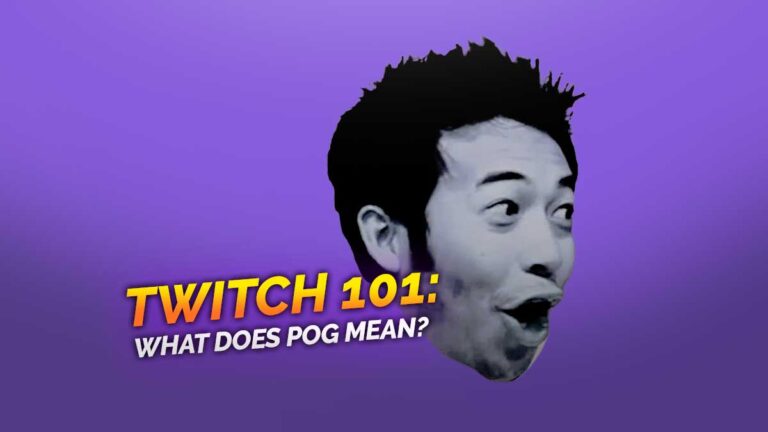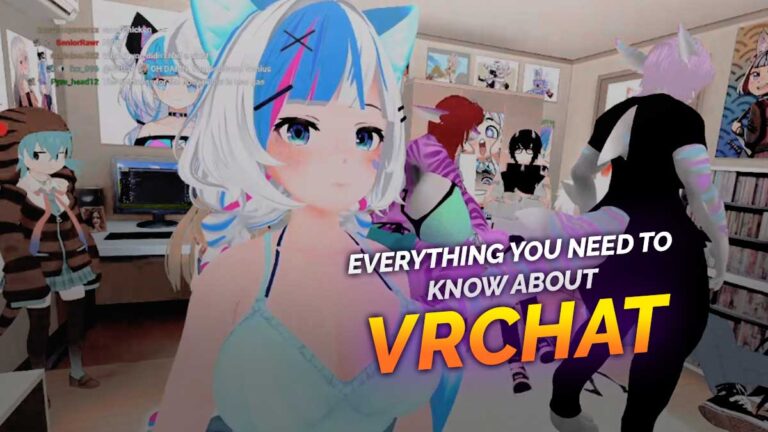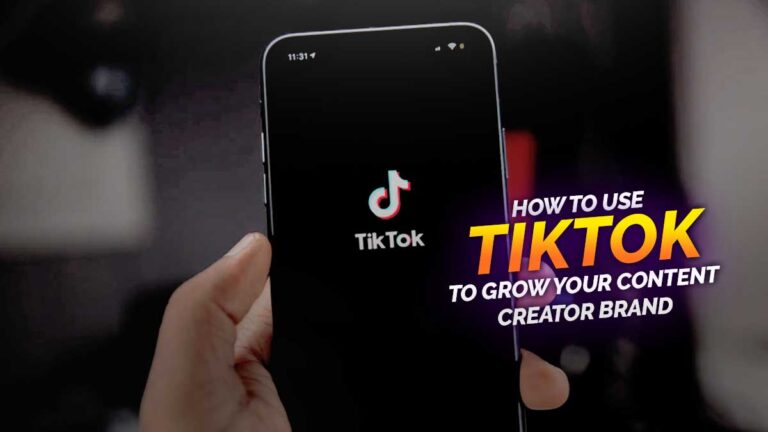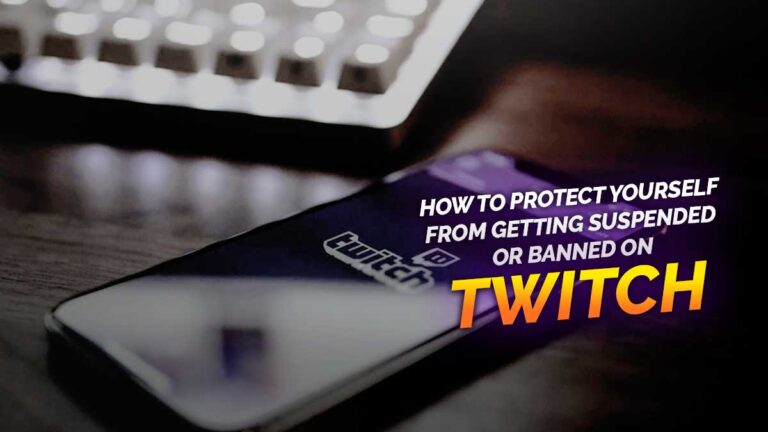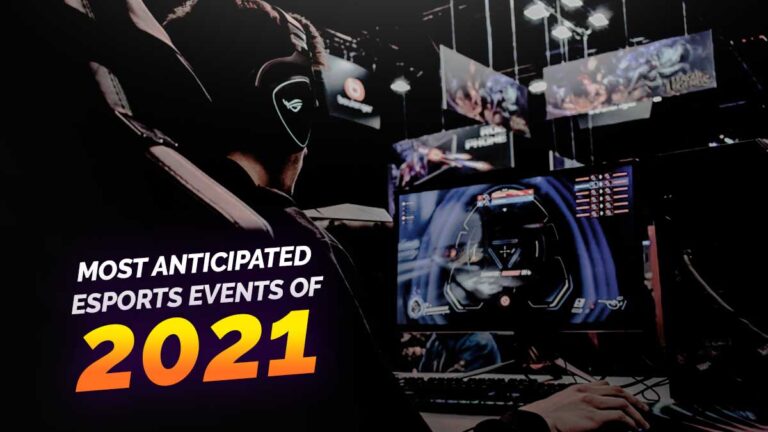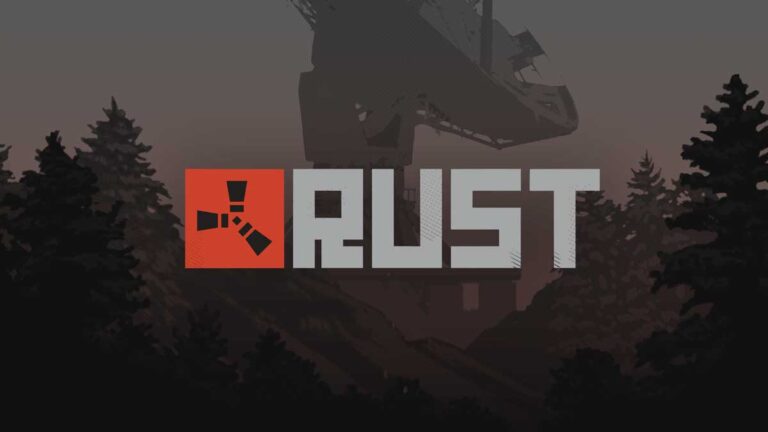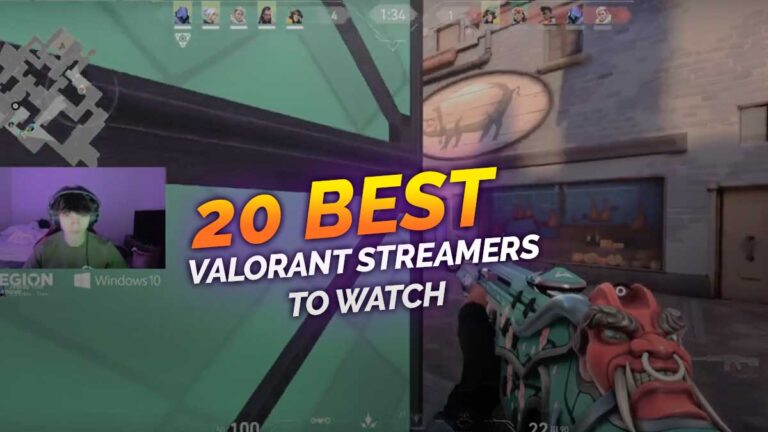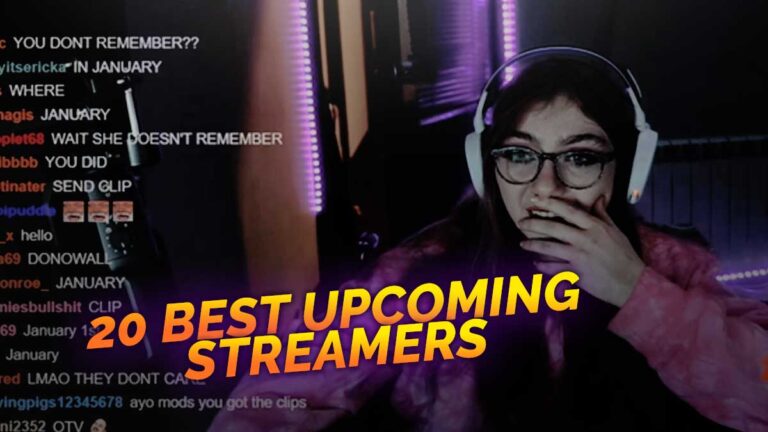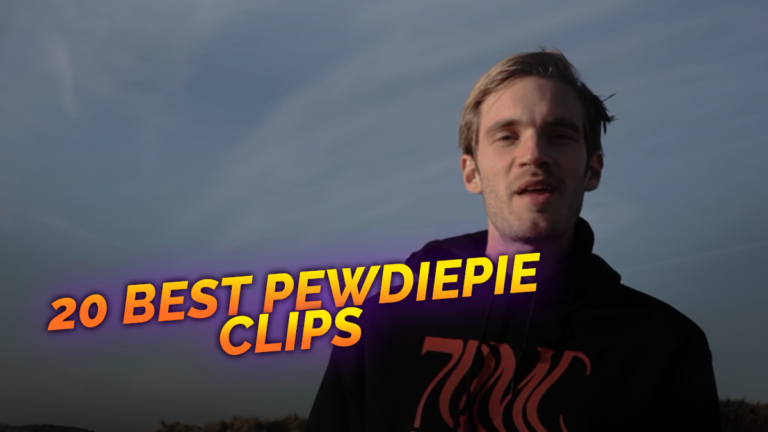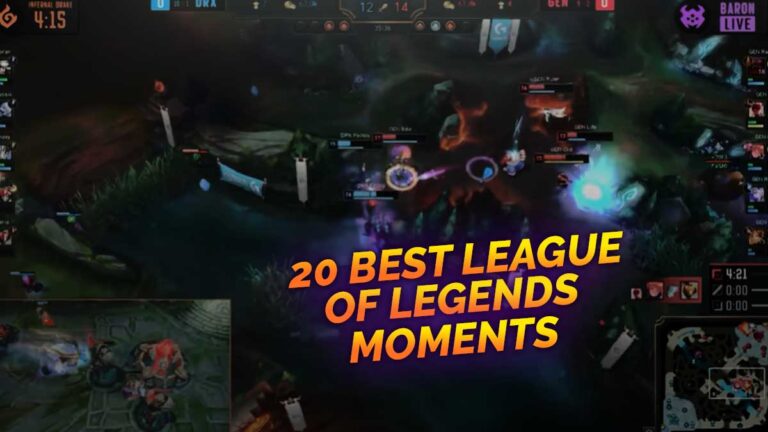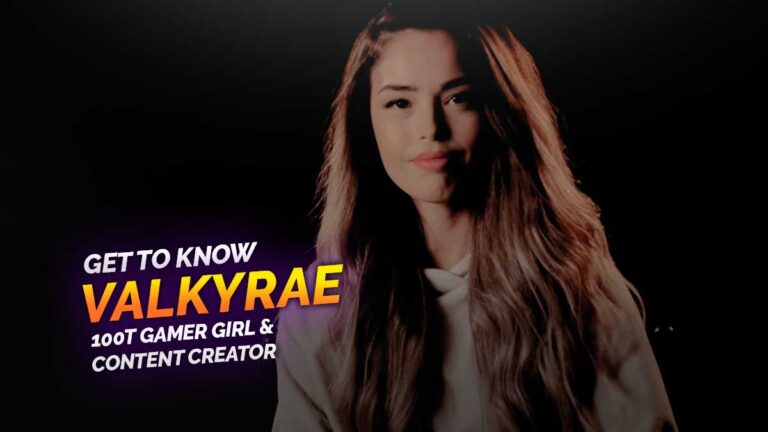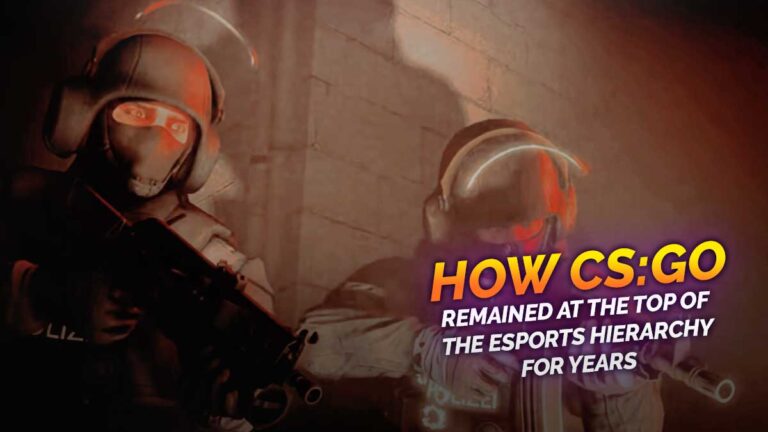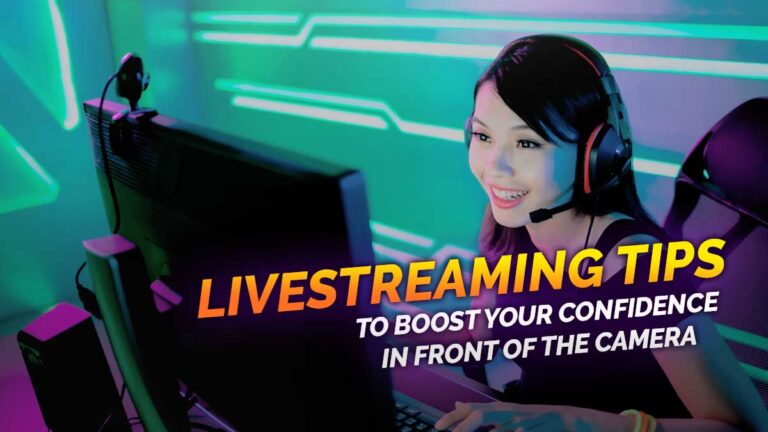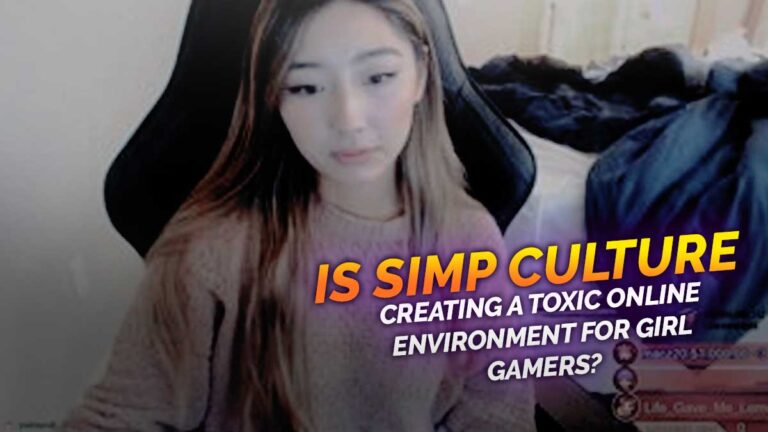As easy as it is to become viral as an internet sensation, it’s also easy to be “cancelled” over mistakes and controversial remarks you’ve said in the past.
The internet’s infamous cancel culture is notorious for targeting famous personalities and exposing them for what they’ve done years ago— discrediting the amount of self-reflection and improvement they’ve made to correct their wrongdoings.
If you’re a rising content creator and you want some tips on how to deal with online cancel culture, here are things to keep in mind:
1. Accept that it is inevitable
As the old saying goes, you can’t please everyone. Even if you’re the most perfect online personality on the internet with no track record of problematic statements, people who have too much free time on their hands will find a way to dig up some dirt on you.
It may be some controversial pose you did on a photo for more than years ago, or some tweet you didn’t really think much of as a teenager. In any case, being branded as a “problematic” doesn’t only have to be over the things you did recently.
If you’ve gone famous overnight, brace yourself for some possible hatred thrown your way. There’s not much you can really do about it other than accept it as it is and use it as an opportunity to make things right.
2. Be open-minded
SJWs (Social Justice Warriors) frequent online communities. Don’t expect for them to change their minds so easily or get them to engage in some kind of understanding dialogue. It’s better to just accept that sometimes, it’s never going to happen.
If you’re the online personality in question, it’s better to accept that you may have offended a group of people over the things you have done or statements you’ve said.
Remember that no one is entitled to endless support. The whole world may love and support you today— but if you’re exposed over something, expect them to jump on the hype and call you out for some stuff you’ve done.
3. Don’t play the victim
We’re humans, we’re supposed to make mistakes at some point. It’s better to accept that you’ve made mistakes and own up to it instead of playing the victim card.
This is especially important to those who want to build a long-term career in the industry. People wouldn’t want to support someone who always acts like they haven’t done anything wrong ever. They want to look up to someone who is brave enough to admit their wrong doings and do their best to improve their behavior.
Doing so also proves the sincere side of you in front of millions of people across the globe.
4. Be sincere and apologize
Trust us when we say, there’s nothing worse than a half-baked apology if it means to save face. If you know you’ve done something problematic, it’s better to own up to it and apologize.
Address those whom you may have offended in any way and let them know it wasn’t in your intentions to do so. Be sincere in your apology instead of making it something of personal benefit.
People will know if you’re being sincere in your words, so try to speak from the heart and let them know you’re aiming to learn and improve after the incident.

5. Choose a personal format
Apology messages in the form of a phone’s notepad screenshot is seen as something considerably lazy. It’s generic. Expect an outpour of additional hate and shade thrown your way if you choose this format for your apology.
If you’re curious to know which methods appeal more to the public, consider writing TwitLonger tweets and making apology videos instead. Apology videos by famous influencers, in particular, are becoming more and more common these days.
They add a personal touch to these influencers involved in the controversy. The audience can also see and hear them speak their thoughts— leaving it in their hands to decide whether or not they’d believe their apology.
6. Try not to take it too personally
The internet’s “cancel culture” may seem more like a witch hunt. Oftentimes, it seems like there’s no room for redemption or forgiveness for content creators who actually deserve it.
There are people who deserve to be cancelled for the rest of their careers, while others seem to have been cancelled a little too quickly. This thin fine line bears no distinction, though. If you’re cancelled, you’re out. It all boils down to that analogy.
At the end of the day, as long as you make genuine efforts to grow and learn from your past mistakes— you can still redeem yourself.
Redeeming yourself is not only based on the public eye. It’s also based on your personal take, if you know you’ve grown from all the lessons you had to endure.
7. Give it time
For many creators who got “cancelled” by the internet, the best way for them to deal with it is to issue a sincere apology and take some time off from the online world.
This means no tweets, no latest IG posts, no anything whatsoever for a certain amount of time. They are completely off-the-grid for personal reflection reasons.
A short hiatus allows them to gather themselves again from all the public backlash. Time also tells them who their true supporters are from those who are quick to abandon them after a single mistake.
A toxic culture

For Pewdiepie, YouTube’s number one content creator, he describes online cancel culture as “ridiculous.” With one wrong strike, it can easily erase many years of hard work on one’s content.
He claimed that “cancel culture” can get ridiculous and dangerous, based on the fact that mobbing after someone can get problematic at some point.
Pewdiepie cites the recent Jenna Marbles is Over incident, where the pioneer YouTuber got cancelled over past problematic videos from years ago.
“With Jenna, that was actually nine or ten years ago. To me, that changes things a lot, especially if I know that person has grown out of that. That doesn’t make it okay, what they did, but at the same time I don’t see a reason to drag them through the dirt because of it.”
Because of her resurfaced videos involving racist content, Marbles decided to quit the platform and say goodbye to her channel— a shockingly big decision for a YouTube pioneer.
Mental health concerns
Cancel culture may also push someone to the brink of their mental health. Pewdiepie further cites the James Charles incident from last year to elaborate his point:
“Remember when James Charles was canceled, and the entire world was so sure that he was a predator? The amount of people that spread that message around, causing him to almost be suicidal. Did we learn anything from that? This is just ridiculous.”
This isn’t anything new to many content creators. They enter the industry knowing the downsides they may experience in the long run, but they take the risk anyway.
With the internet cancelling an influencer so easily, it can truly get problematic and personal at some point.
Pewdiepie concluded his thoughts over the notorious “cancel culture” in a separate status:
“I thought the point was to learn from your mistakes and do better? … We all have problems in our past, no one in the world is perfect. This site will be filled with nothing but douchetubers who don’t care, while the people who do, gets pushed out. So disappointed with the internet and how far things have gotten.”

Another influencer, Shane Dawson, also recently lost over 600k YouTube subscribers after getting exposed for his racist skits and pedophilia jokes in the past.
During his 15-year record on the platform, he issued a 20-minute apology video for the “offensive” videos he made over the years. This involved doing a blackface, saying racial slurs, insulting the people living with disabilities, and making inappropriate sexual jokes about minors.
“I’ve done a lot of things in my past that I hate, that I wish I could make go away. I don’t know who that person is anymore.”
Dawson specifically admitted his distasteful usage of the N-word and mocking blackface skits:
“Blackface was something that I did a lot on my channel. And there’s no excuse for it. There’s literally no excuse. I made a video six years ago talking about it and I gave excuses and it was wrong. But I didn’t do the work. I didn’t actually look into the history of it and why it’s so wrong and why people were so upset.”
At the end of his apology video, he addressed those people who he may have hurt by his actions and those whom he may have inspired to do further awful things. Dawson owns up to all the mistakes he made in the past and wants to be held accountable for it.
There are varying ethical and personal perspectives that come along with being individuals. But as a public figure, it is your job to listen to your audience and the rest of the community.
With great internet fame comes great responsibility— so make sure to use your online following as a streamer for all the right reasons.




